Shanghai is a city of superlatives where things are all "the biggest", "the tallest", "the longest", "the fastest", "the most" in the world. With around 17 million inhabitants Shanghai is certainly one of the world's most populous cities but one on a much greater scale than cities with similar populations like Mexico, Istanbul, and Cairo. It's also one of the only places I've ever been that to me seems comparable to New Yrok City in scope and feel, but with much of it so new many parts feel like Tomorrowland, like a 1950s science fiction vision of the future filled with the kinds of buildings that appeared in "The Jetsons" cartoon. I half expect to see individual Spacely Sprockets hovering around the skyscrapers.
In contrast to Beijing and Xian, Shanghai does not possess any major must-see historical attractions
. Instead, most things to see and do involve taking in the modern city, admiring the Bund's early 20th century western-style commercial district along the Huangpu waterfront promenade, and gazing at the astounding modern city all around, either from a tour cruise on the river, from an observation platform at the Oriental Pearl TV Tower, or while wandering its streets. There are probably more futuristic new skyscrapers here than anywhere else in the world, and of the supposed two-thirds of large construction cranes operating in the world that are in China, a large proportion must be in Shanghai.
Shanghai is proud of its development to the extent of having a museum in its centrally-located Peoples Park entirely devoted to showcasing its urban planning and development projects, not just a small exhibition hall but a permanent six-story building. Among other things the building contains a detailed scale model of Shanghai, and different sections detail transportation, trade, commercial, industrial, port, and residential development projects. These projects include building numerous "new towns" on Shanghai's outskirts, some with planned populations of over half a million. And outside there's a big countdown clock, this one not for 2008 Olympics like the one on Tiananmen Square in Beijing, but rather for the 2010 Shanghai World Exposition which, like almost everything else in Shanghai presented in the exhibition, is promoted as being the biggest in history
.
The Shanghai Museum is also located in Peoples Park and houses the country's best collection of Chinese arts with large halls devoted to calligraphy, jade, porcelain, bronze, painting, jewelry, furniture, and a large hall devoted to national minorities' costumes and artifacts. The building and displays are top rate, something that seems to be becoming the norm for Chinese museums. The park's third modern edifice and cultural attraction is the Shanghai Grand Theater, Shanghai's most prominent performing arts venue.
For all its modernity, there are still many olf neighborhoods between the highrises in the established parts of Shanghai. The Old Town area south of The Bund is still like an ant's nest of crowded, narrow commercial streets with merchants selling all the necessities of daily life in a working class neighborhood. In the neighborhood's midst, though, the area arounf the Yu Yuan Gardens have been redeveloped into a Disneyesque version of Chinese architecture, a huge complex of restaurants, snack stands, and trinket shops selling cheapo versions of every Chinese art and craft. Crowds tend to drive me crazy, so visiting Shanghai's biggest tourist trap on an excruciatingly hot Saturday afternoon was a big mistake. Jean-Paul Sartre's statement "Hell is other people" kept coming to mind again and again (as it also often does when I'm driving in New Jersey traffic) as wet bodies pushed against me in the crowd and sales girls tried to pull me into their shops
. And why do all the shop girls have to keep yelling "Good Morning!" at me, regardless of whether it's 10:00 A.M. or 10:00 P.M.?
In Shanghai I stayed in a very nice private en-suite room for under $20/night in a western neighborhood near the Caoyang Road Metro Station. The area was most definitely a working class one with a mix of lowrise streets and highrise residential buildings that reminded me of New York City projects. The area was one few foreigners except those staying at the hostel ventured into, so there was not even an English menu at the McDonalds and the local Internet cafes charged only 2 Yuan (about $.27) per hour for computer access in a smoky, dimly-lit, casinolike atmosphere full of teens playing video games. Although a bit out of the center, the hostel was easy to get to because of Shanghai's efficient Metro system, which like so much else in the city is mostly new; while the first Metro line was completed in the early 1990s the currently operational five lines are projected to grow to eleven in time for the World Expo in 2010
.
It was not until my last day in Shanghai that I discovered the city's main expat quarter in an area known as the French Concession because it was the French part of town in Shanghai's early 20th century heyday. It seems every Asian megacity has at least one such area where Western expats congregate and attempt to recreate some semblance of home with elegant housing, jazz clubs, English pubs and Irish bars, martini lounges, outdoor cafes, expensive shops, and theme restaurants featuring all of the world's cuisines, small bubbles of leafy greenery and relative quiet is a sea of developing country chaos, surrounded by their host cities but still somewhat apart from them. For a change of flavor I treated myself to a delicious lunch at a South Asian restaurant named Nepali Kitchen and then a beer at the faux-German Paulaner House microbrewery.
Western expats worldwide are generally a rather mellow lot, mostly unique or eccentric personalities who enjoy the freedom from home country social constraints life in a foreign country often affords
. Another class of foreigner I sometimes encounter, however, is usually an entirely different animal. Usually dressed in business attire inappropriate for the hot climate, often with a mobile phone attached to his ear, highly demanding, uptight, and irritable that things aren't just the way he's used to at home, the American business traveler can be quite an unpleasant character.
Eating one evening at a Japanese noodle joint on Nanjing Road and seated at the counter I encountered on such character. Sitting beside me was a balding middle-aged man, easily identifiable as a fellow American by his very well-fed appearance, who quickly began a conversation with a fellow Caucasian. He (we never exchanged names) had just arrived in Shanghai for the first time on business for his employer, a large pharmaceutical company. In the typical fashion of American corporate types, when done telling me about his work he quickly asked, "Are you here on business?" and "What do you do?" When I began to explain my five months of travel across Asia he quickly interrupted, "Oh, so you're a journalist". "Well, not really. I like to write about my experiences, but it's not anything I do for income". I guess I was just too weird for this countryman of mine to continue the conversation. He went back to reading The China Daily and said little more to me other than to complain about being unable to get CNN in his hotel room at the Hyatt
.
Back in the French Concession I visited Sun Yat-Sen's home museum in the Xintiandi neighborhood, then went to relax in the shade on a bench in Fuxing Park, a pleasant green spot that was the park for Shanghai's French population a century ago. The park was full of lovers strolling hand-in-hand, tai chi practitioners, people out for a stroll to give their caged singing birds some air, and groups of uncoordinated elderly people line dancing in slow motion to music blaring from boom boxes. By this point in my travels, though, I should have known better than to expect I as a foreigner would be left alone in peace on a park in China. I had hardly sat down when I was approached by an ancient-looking man with literally three teeth in his mouth. I thought he was about to ask me for empty plastic bottles for recycling, as happens all the time in China, but he instead say down beside me and started speaking to me in heavily-accented but fluent English. I was flabbergasted.
Kai asked me a few questions about my travels in China and where I was from and then began on his story. This started a very long conversation in which Kai combined his life story with plenty of political commentary that made it the most uncomfortable hour I was to experience in China. The gist of Kai's comments are as follows:
- He hated Communism and the Communist government
. He had been a Nationalist.
- He had finished his academic training and received a university post as a professor of mechanical engineering before the Communist takeover in 1948.
- He was persecuted, imprisoned, and beaten by students during the Cultural Revolution.
- His wages were held back fro five years during which his elderly parents who he provided for starved to death.
- The generation that came of age during the Mao years (people now around 60) was a generation of illiterates, educated only in Communist ideology.
- There was no hope for China because Communism could not be reformed.
If it first it seemed like a diatribe about his past sufferings by an old man who wasn't completely living in the present, Kai's comments then progressed into very specific criticisms of current premier Hu Jintao and former leader Jiang Zemin.
- University admissions are still highly political and and only go to the children of party loyalists.
- The government had recently found a way to block radio signals from abroad since he was no longer able to receive Voice of America, BBC, and CBC broadcasts.
- He was getting to old to ride a bike, so he bought an electric bike
. The Communists have stolen three electric bikes from him, but he is unable to go to the police because they are all Communists.
- The Communists tried to murder him twice by injecting him with deadly viruses when he sought medical treatment. Now that he was old, doctors merely withheld treatment from him, saying there was nothing wrong with him, so that he would die.
- The Communist government recruits western collaborators among the foreign teachers and business people in China to support and spy for China when they return to their home countries.
- Over the years he had written 296 letters to Chinese officials and many to foreign governments asking for help but had only received one reply (from John Paul II's representative in Hong Kong).
- The police told him not to talk to foreigners in the park or they'd arrest him and put him in jail, but he does it anyway.
This all ended in a plea for me to help him by contacting an American Human Rights organization to help him get a passport so that he could go to Boston for the medical treatment being withheld in China. He gave me his address in my notebook in a beautiful handwriting and then wrote my name on a thick notepad of his that was with the names and dates of other foreigners he had talked to in the park
.
The conversation was punctuated by Kai's comments on people walking past through the park. Pointing, he spoke loudly, "He there is a Communist party boss", "She is a local cell leader", and "He is a police informer". Sure enough, as he chatted we were surrounded by spies, middle-aged and older people walking past time and again or sitting on nearby benches and listening intently. Two women ran over to see what he was writing as Kai gave me his address. I was overcome by an eerie feeling of being spied on by informants, the first time I think I've ever felt that way while on the road.
I requested a picture before we parted ways and then watched Kai wander over to chat up the next foreigner who would listen to him, a middle-aged American-looking woman walking alone in the park. I don't have any reservations about mentioning my conversation with Kai here; since he was engaging in his criticism of the Chinese government quite openly, doing so will not place him at any risk. Afterwards, though, I did think about my visit to the Andrei Sakharov Flat Museum in Nizhni Novgorod several months earlier. Now I was with an old man who was telling me his personal experience of similar oppression happening to him up to the present day.
Shanghai, China
Saturday, July 21, 2007
 Shanghai, Shanghai, China
Shanghai, Shanghai, China
Other Entries
-
62Ovorkhangai Province, Mongolia
Jun 2427 days prior Arvaikheer, Mongoliaphoto_camera73videocam 0comment 0
Arvaikheer, Mongoliaphoto_camera73videocam 0comment 0 -
63Mongolian Road Mishaps
Jun 2526 days prior Hovd, Mongoliaphoto_camera33videocam 0comment 0
Hovd, Mongoliaphoto_camera33videocam 0comment 0 -
64Khogorin Els Sand Dunes, Gobi Desert, Mongolia
Jun 2625 days prior Dalandzadgad, Mongoliaphoto_camera103videocam 0comment 0
Dalandzadgad, Mongoliaphoto_camera103videocam 0comment 0 -
65Bayan Zag Flaming Cliffs, Gobi Desert, Mongolia
Jun 2823 days prior Üydzen, Mongoliaphoto_camera66videocam 0comment 0
Üydzen, Mongoliaphoto_camera66videocam 0comment 0 -
66Yolin Am Ice Canyon, Gobi Desert, Mongolia
Jun 3021 days prior Tsohyootoyn Hiid, Mongoliaphoto_camera63videocam 0comment 0
Tsohyootoyn Hiid, Mongoliaphoto_camera63videocam 0comment 0 -
67Crossing the Southeast Gobi to China, Mongolia
Jul 0219 days prior Hövsgöl, Mongoliaphoto_camera65videocam 0comment 0
Hövsgöl, Mongoliaphoto_camera65videocam 0comment 0 -
68Elianhot, China
Jul 0417 days prior Erlianhot, Chinaphoto_camera16videocam 0comment 0
Erlianhot, Chinaphoto_camera16videocam 0comment 0 -
69Onward to Beijing, China
Jul 0714 days prior Huairou, Chinaphoto_camera48videocam 0comment 0
Huairou, Chinaphoto_camera48videocam 0comment 0 -
70Beijing, China
Jul 0813 days prior Beijing, Chinaphoto_camera121videocam 0comment 0
Beijing, Chinaphoto_camera121videocam 0comment 0 -
71Yonghedong Monastery, Beijing
Jul 0912 days prior Beijing, Chinaphoto_camera13videocam 0comment 0
Beijing, Chinaphoto_camera13videocam 0comment 0 -
72Summer Palace, Beijing
Jul 1011 days prior Beijing, Chinaphoto_camera89videocam 0comment 0
Beijing, Chinaphoto_camera89videocam 0comment 0 -
73Tianjin, China
Jul 1110 days prior Tianjin, Chinaphoto_camera49videocam 0comment 0
Tianjin, Chinaphoto_camera49videocam 0comment 0 -
74Tai Shan Mountain, China
Jul 138 days prior Tai'an, Chinaphoto_camera89videocam 0comment 0
Tai'an, Chinaphoto_camera89videocam 0comment 0 -
75Qufu, China
Jul 147 days prior Qufu, Chinaphoto_camera52videocam 0comment 0
Qufu, Chinaphoto_camera52videocam 0comment 0 -
76Nanjing, China
Jul 165 days prior Nanjing, Chinaphoto_camera148videocam 0comment 0
Nanjing, Chinaphoto_camera148videocam 0comment 0 -
77Suzhou, China
Jul 183 days prior Suzhou, Chinaphoto_camera72videocam 0comment 0
Suzhou, Chinaphoto_camera72videocam 0comment 0 -
78Tongli, China
Jul 192 days prior Tongli, Chinaphoto_camera64videocam 0comment 0
Tongli, Chinaphoto_camera64videocam 0comment 0 -
79Shanghai, China
Jul 21 Shanghai, Chinaphoto_camera163videocam 0comment 0
Shanghai, Chinaphoto_camera163videocam 0comment 0 -
80Shanghai - Huangpu Cruise and the Bund
Jul 221 day later Shanghai, Chinaphoto_camera125videocam 0comment 0
Shanghai, Chinaphoto_camera125videocam 0comment 0 -
81Shanghai - Pudong Future World
Jul 232 days later Pudong, Chinaphoto_camera165videocam 0comment 0
Pudong, Chinaphoto_camera165videocam 0comment 0 -
82Shanghai to Hangzhou - Eastern Chinese Food
Jul 243 days later Shanghai, Chinaphoto_camera27videocam 0comment 0
Shanghai, Chinaphoto_camera27videocam 0comment 0 -
83Putuo Shan, China
Jul 276 days later Putuoshan, Chinaphoto_camera152videocam 0comment 1
Putuoshan, Chinaphoto_camera152videocam 0comment 1 -
84Ningbo, China
Jul 287 days later Ningbo, Chinaphoto_camera13videocam 0comment 1
Ningbo, Chinaphoto_camera13videocam 0comment 1 -
85Hangzhou, China - Part I
Jul 309 days later Hangzhou, Chinaphoto_camera151videocam 0comment 0
Hangzhou, Chinaphoto_camera151videocam 0comment 0 -
86Hangzhou, China - Part II
Aug 0111 days later Hangzhou, Chinaphoto_camera79videocam 0comment 0
Hangzhou, Chinaphoto_camera79videocam 0comment 0 -
87Hong Kong, China
Aug 0313 days later Hong Kong, Chinaphoto_camera245videocam 0comment 0
Hong Kong, Chinaphoto_camera245videocam 0comment 0 -
88Hong Kong's Victoria Peak
Aug 0414 days later Hong Kong, Chinaphoto_camera59videocam 0comment 0
Hong Kong, Chinaphoto_camera59videocam 0comment 0 -
89Sunday on Hong Kong Island's South Shore
Aug 0515 days later Hong Kong, Chinaphoto_camera48videocam 0comment 0
Hong Kong, Chinaphoto_camera48videocam 0comment 0 -
90Markets of Hong Kong
Aug 0616 days later Hong Kong, Chinaphoto_camera21videocam 0comment 0
Hong Kong, Chinaphoto_camera21videocam 0comment 0 -
91Lantau Island, Hong Kong, China
Aug 0717 days later Lantau, Chinaphoto_camera123videocam 0comment 0
Lantau, Chinaphoto_camera123videocam 0comment 0 -
92Macau, China
Aug 0818 days later Macau, Chinaphoto_camera102videocam 0comment 0
Macau, Chinaphoto_camera102videocam 0comment 0

 Shanghai, Shanghai, China
Shanghai, Shanghai, China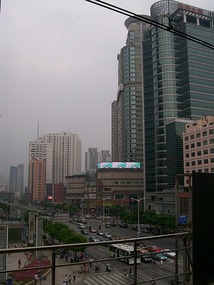
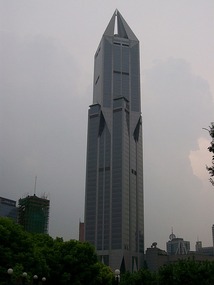
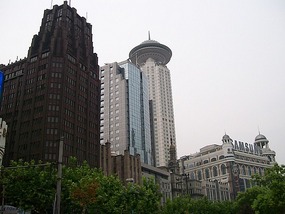
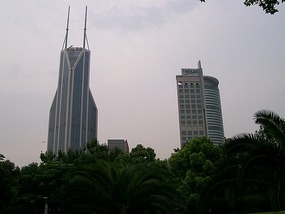
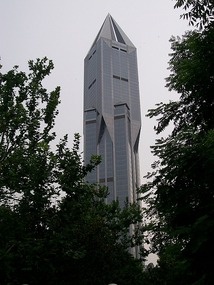
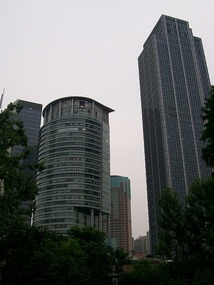
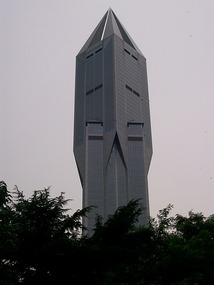
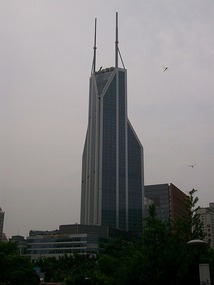
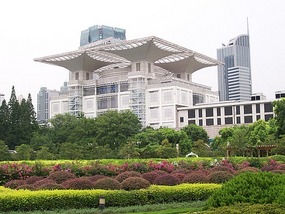


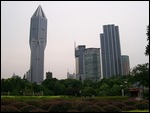
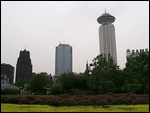
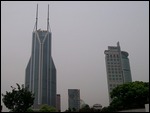
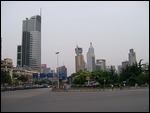
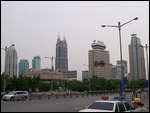
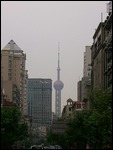
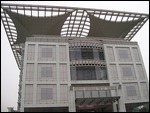
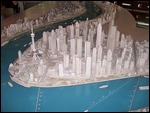
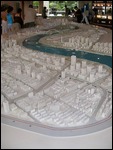
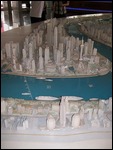
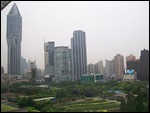
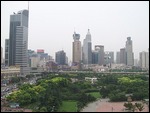
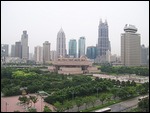
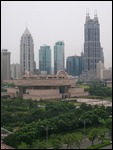
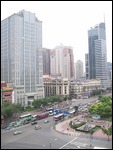
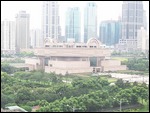
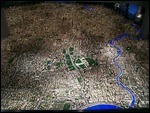
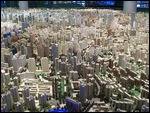
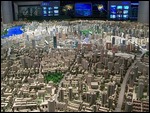
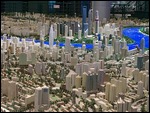
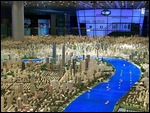
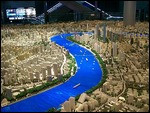
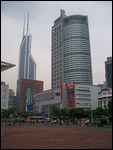
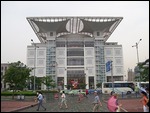
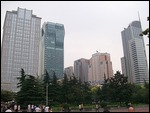
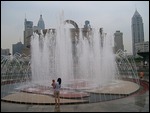
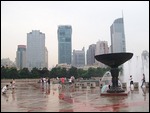
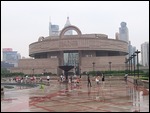
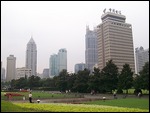
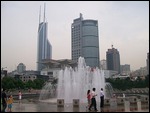
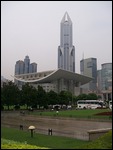
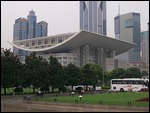
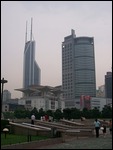
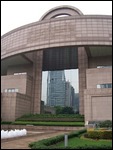
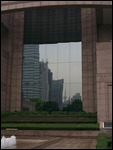
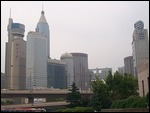
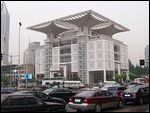
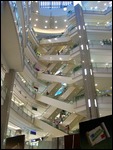
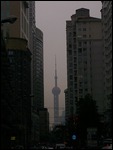
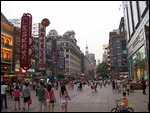
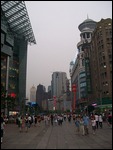
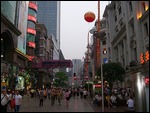
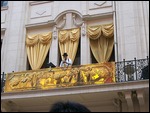
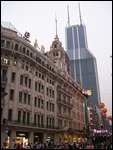
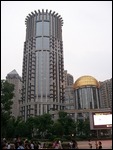
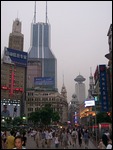
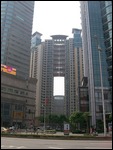
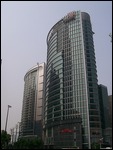
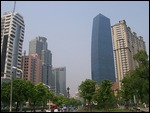
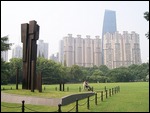
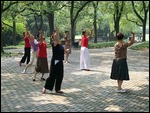
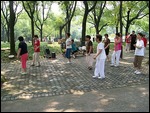
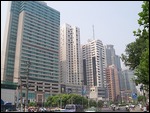
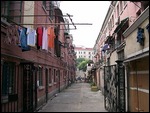
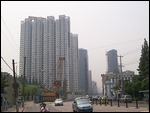
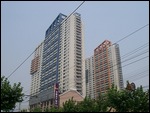
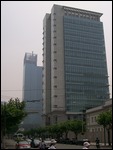
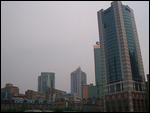
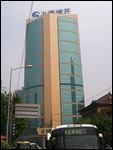
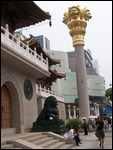
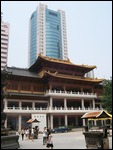
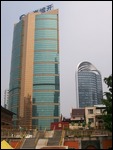
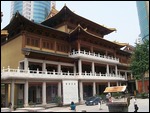
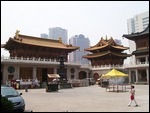
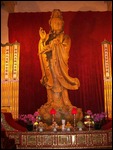
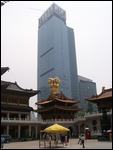
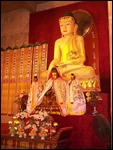
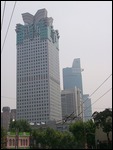
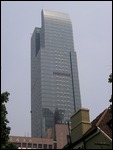
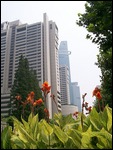
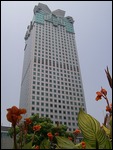
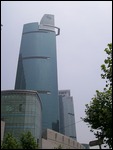
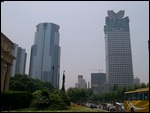
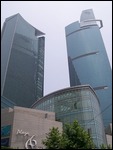
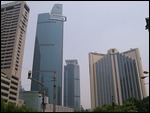
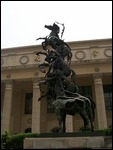
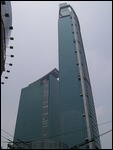
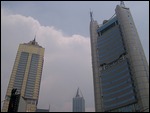
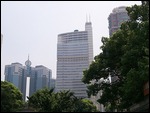
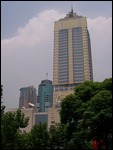
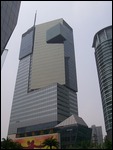
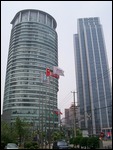
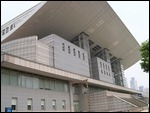
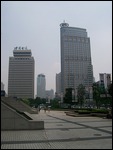
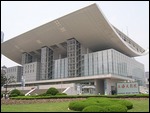
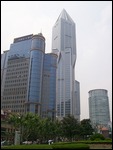
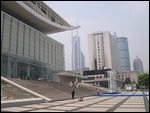
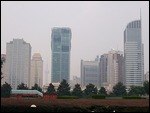
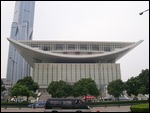
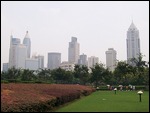
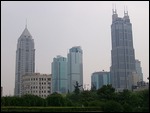
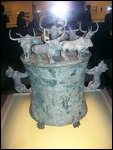
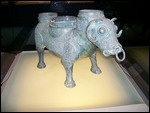
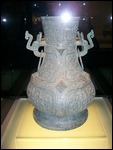
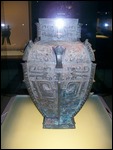
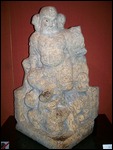
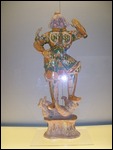
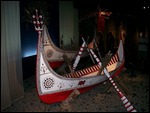
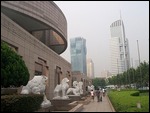
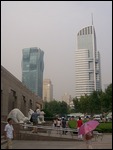
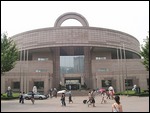
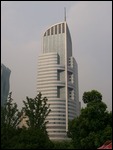
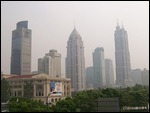
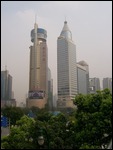
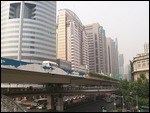
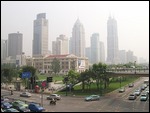
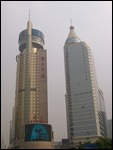
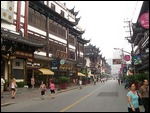
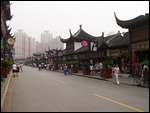
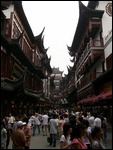
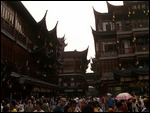
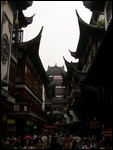
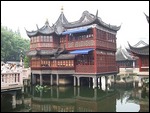
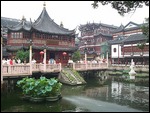
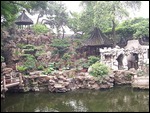
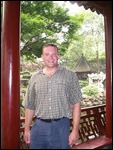
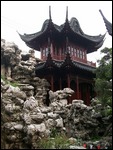
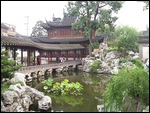
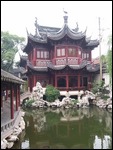
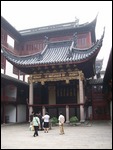
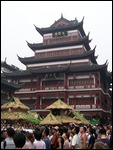
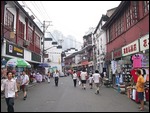
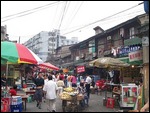
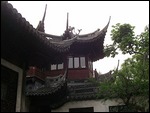
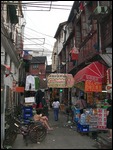
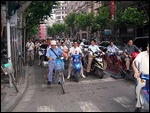
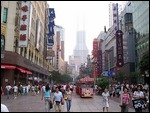
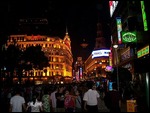
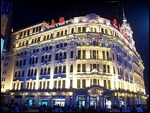
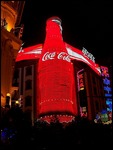
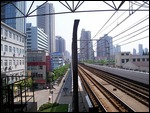
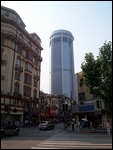
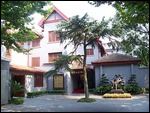
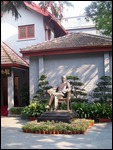
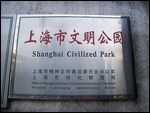
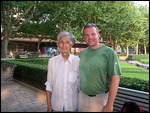
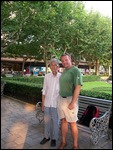
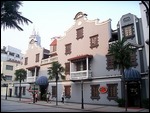
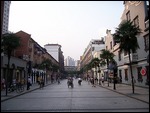
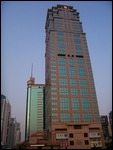
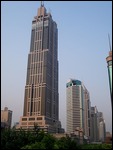
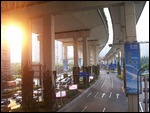
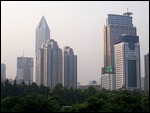
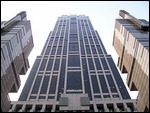
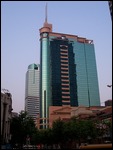
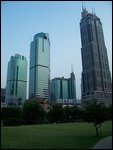
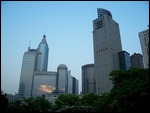
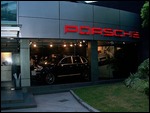
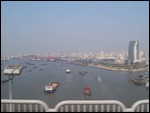
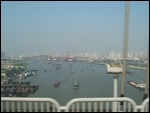
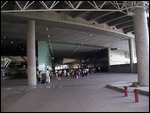
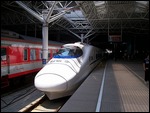
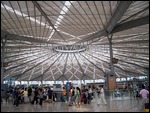
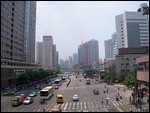
2025-05-23